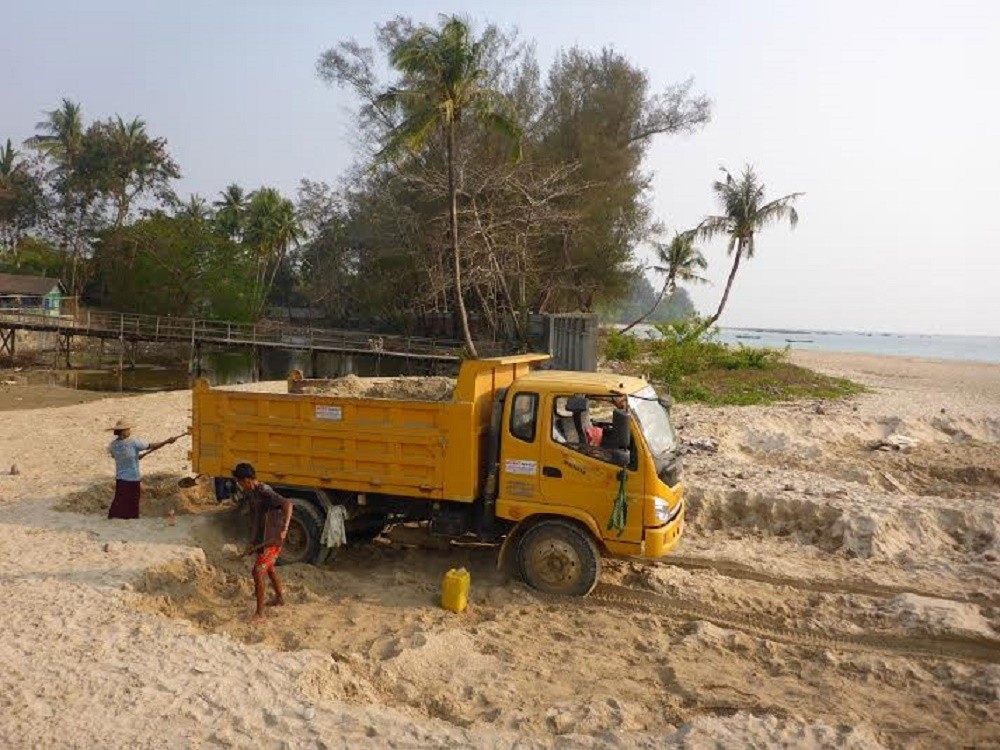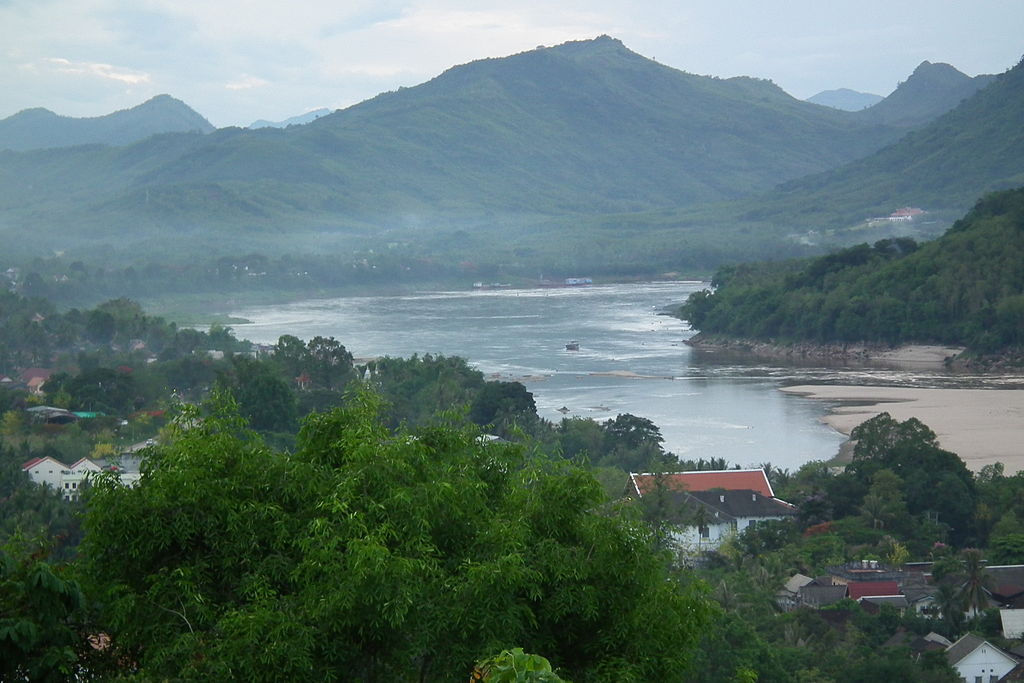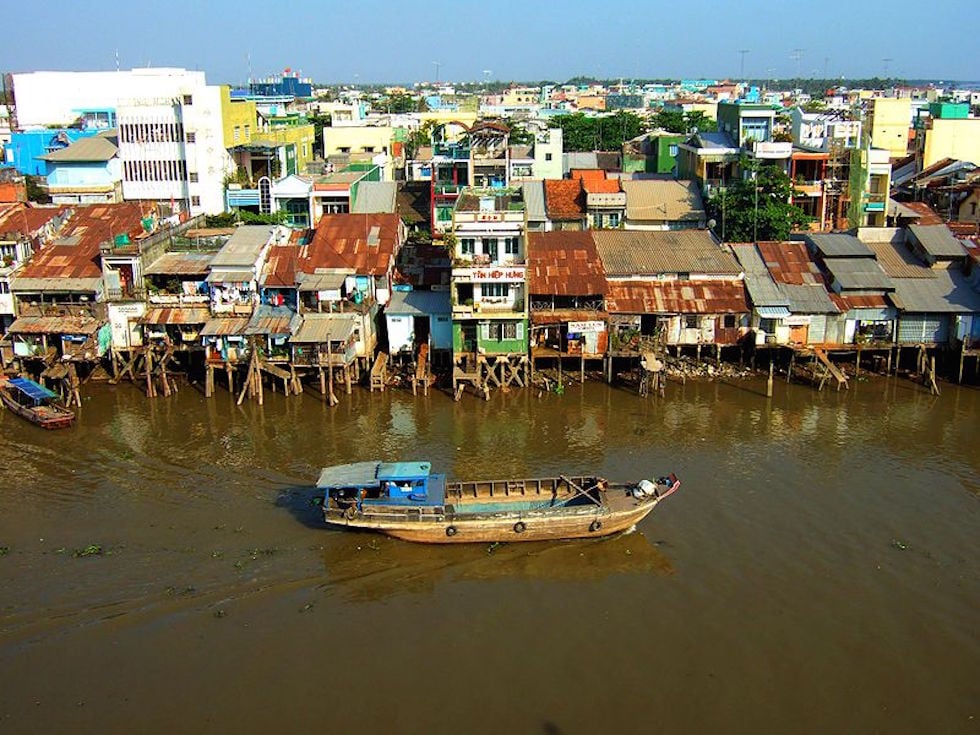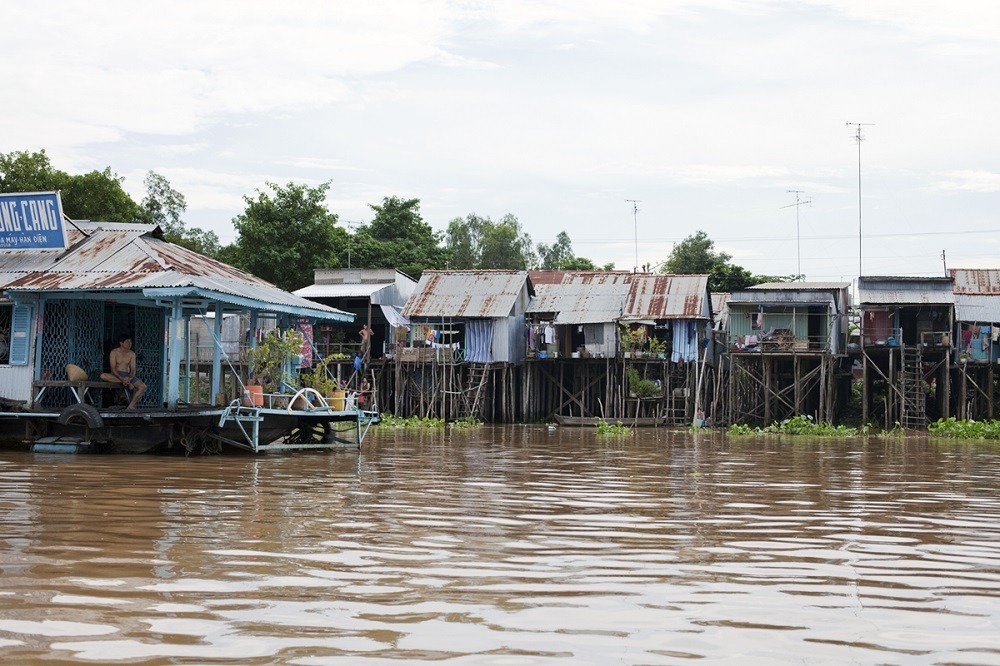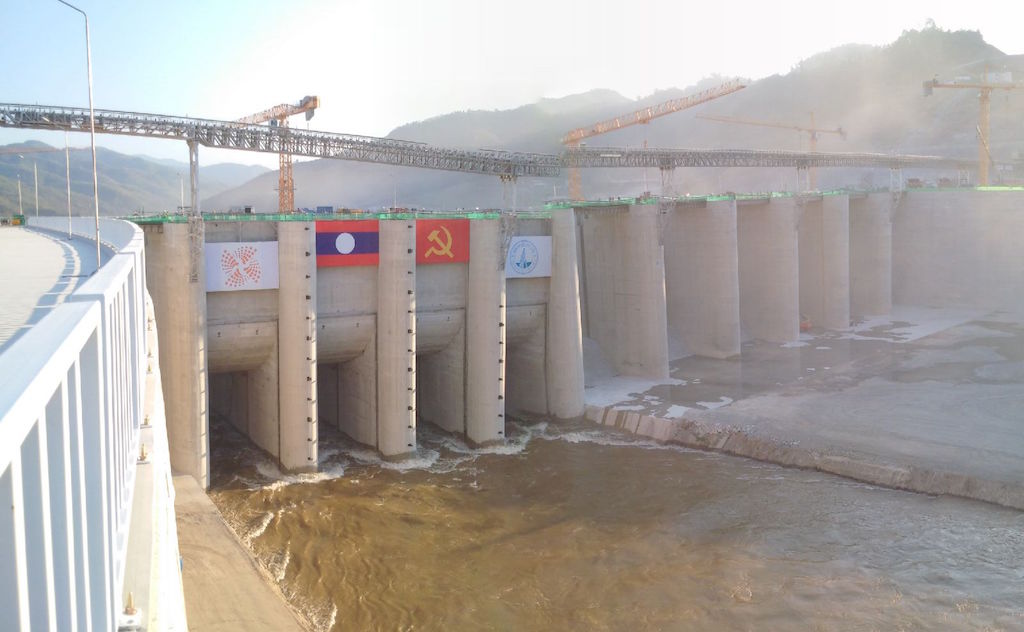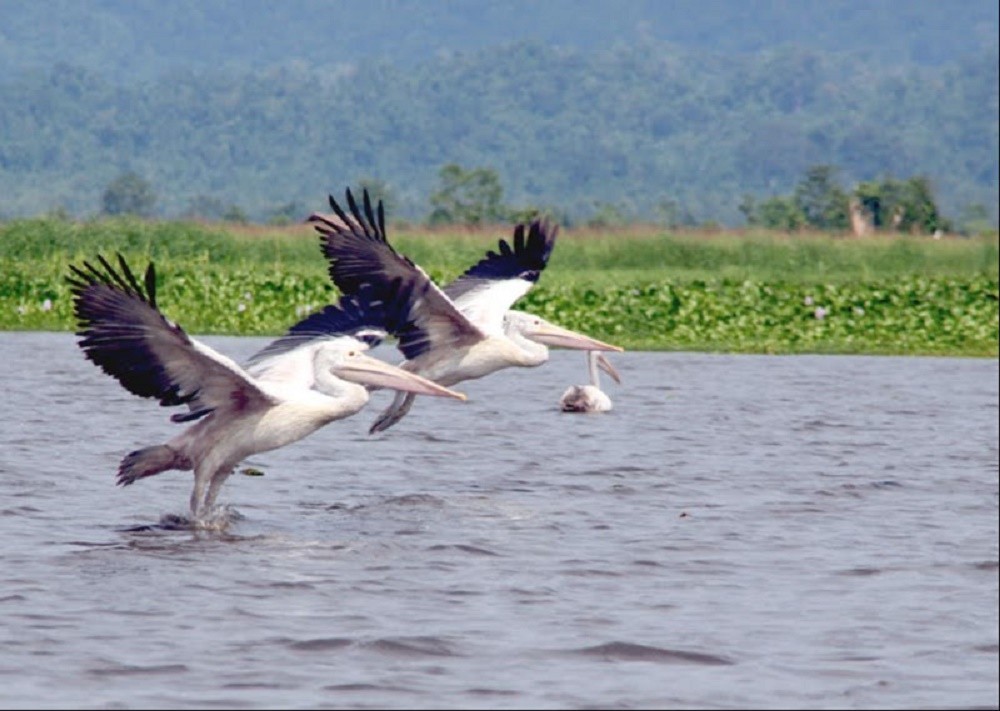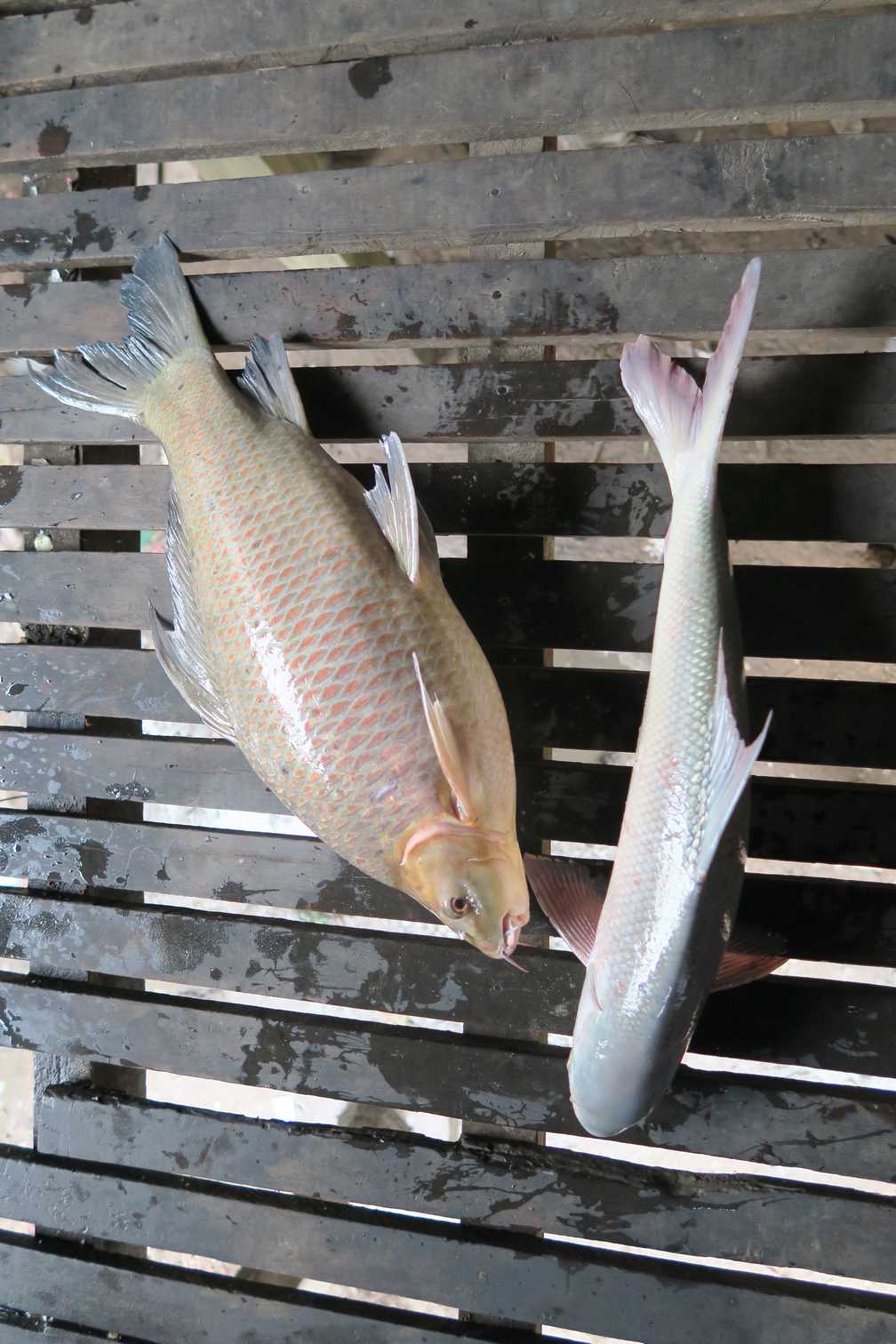Booming construction fuels sand mining, and threatens coastal environment and tourism, writes Denise Hruby in Earth Island Journal, February 4.
Tag: Environment
Put Don Sahong Dam on U.S.-ASEAN Agenda, Say Campaigners
Phorn Bopha PHNOM PENH— Civil society groups are calling for Laos’ Don Sahong hydropower dam project to be discussed when Southeast Asian leaders meet with U.S. President Barack Obama next week.Leaders of the 10 Association of Southeast Asian Nations member states will converge on the Sunnylands estate in California on Feb 15-16. The unprecedented U.S.-hosted summit […]
China drives water cooperation with Mekong countries
China is more closely involved in cross-border cooperation on hydropower and water management after the six countries that share the Mekong River signed a landmark agreement late last year.
While more needs to be done between these countries to resolve disputes and encourage transparency over dam building and shared water management, the agreement signals a greater willingness to discuss areas of discord that have soured relations in the region in the past.
During their meeting in in China’s southern province of Yunnan in November 2015, the foreign ministers of China, Myanmar, Laos, Thailand, Cambodia, and Vietnam launched the Lancang-Mekong Cooperation Mechanism (LMCM), an initiative pitched at the November 2014 Summit Meeting between China and the Association of Southeast Asian Nations (ASEAN) in Naypyidaw, Myanmar.
Author Q&A: How communities struggling with climate and development are “Living with the Mekong”
The richly illustrated book Living with the Mekong provides readers with insights into urban developments in one of the world’s most threatened deltas. According to the author, the book gives a personal account of “how Vietnam and the Vietnamese people cope with the consequences of climate change.” Joep Janssen, a Dutch urban delta expert, travelled through the Mekong Delta and Ho Chi Minh City area researching the impacts of climate change and development on farmers and urban inhabitants. The Mekong Eye talked to Joep, via email, about urbanization, climate change, development, and how decision makers in the Mekong region might learn from the Dutch experience.
Forecast Stormy for Mekong, Commission Says
With the threat of climate change, a long-lasting drought, and contentious dam construction in Laos, the Mekong River Commission (MRC) has its work cut out for the rest of the year. Composed of delegates from Cambodia, Laos, Thailand, and Vietnam, the MRC is in charge of managing the river that provides livelihoods and power for much of Southeast Asia. Several delegates said yesterday that the organization will face challenges in the years ahead.
“Water remains as important as ever,” said General Surasak Karnjanarat, the head of the MRC’s delegation from Thailand. “It needs to be recognized as key to various development goals…but the situation has become more complex due to a number of challenges we are facing.”
At the Borders of Ecological Destruction
A new year is often a time for joyful celebration. But Pianporn Deetes bid farewell to 2015 with a heavy heart.
“The Administrative Court gave me the most cruel Christmas ever. My spirit was dampened throughout the New Year period,” she said.
Pianporn is remembering her experience listening to the ruling on the Xayaburi Dam on Dec 25. The lawsuit — in which 37 villagers from eight provinces in Thailand affected by the project sued the Energy Ministry and Electricity Generating Authority of Thailand for allegedly signing a power purchase agreement illegally — is a landmark case since it was the first time people have gone to court for environmental and community rights protection from a transborder project championed by the Asean Economic Community (AEC). The dam is now being constructed, with investment from Thailand, on the Mekong River in Laos. When finished, over 90% of electricity from the dam will be sold to Thailand.
Thermopower plants’ fate questionable as Vietnam tries to reduce greenhouse gas emissions
The Ministry of Industry and Trade (MOIT) has assigned the Energy Institute to adjust the seventh electricity generation development plan (PDP 7) before being submitted to the Prime Minister for approval.
Experts have repeatedly warned that the forecast demand and the required investment capital are high, which will put a heavy burden on the national economy.
However, there is another reason cited to adjust PDP 7: the plan does not show appropriate attention to sustainable development in electricity generation. With the plan, Vietnam will still heavily rely on coal thermopower plants.
Gold mining, conflict threaten Myanmar’s Indawgyi Lake
Khaung Tong Creek was a 1.5-meter deep, pristine creek some 10 years ago, but these days this important tributary of Kachin State’s famed Indawgyi Lake is just a little stream some 10 cm deep, filled with red-brownish mud.
Local villagers said years of unregulated gold mining several kilometres away has caused the environmental degradation as dumped waste and chemicals has flowed into the stream.
Chinese mine firm promises to respect residents
Official Chinese representatives from the Shwe Htun Pauk company have said that they will stop their operations if they face continued opposition from residents.
The company, officially licensed to mine gold and other minerals at the Tanintharyi River near Maw Hta village, held a meeting about water pollution with around 40 residents, Dawei-Myeik representatives of the Karen National Union and regional civil groups.
Catch & Culture
In this issue, we examine the economic value of Lower Mekong fisheries, the growing importance of aquaculture in world fisheries production and Southeast Asia’s largest ornamental fish market. We also look at a recent catfish deal between Viet Nam and the US, a slowdown in the decline of the Mekong’s dolphin population and genetic considerations in culture-based fisheries.


